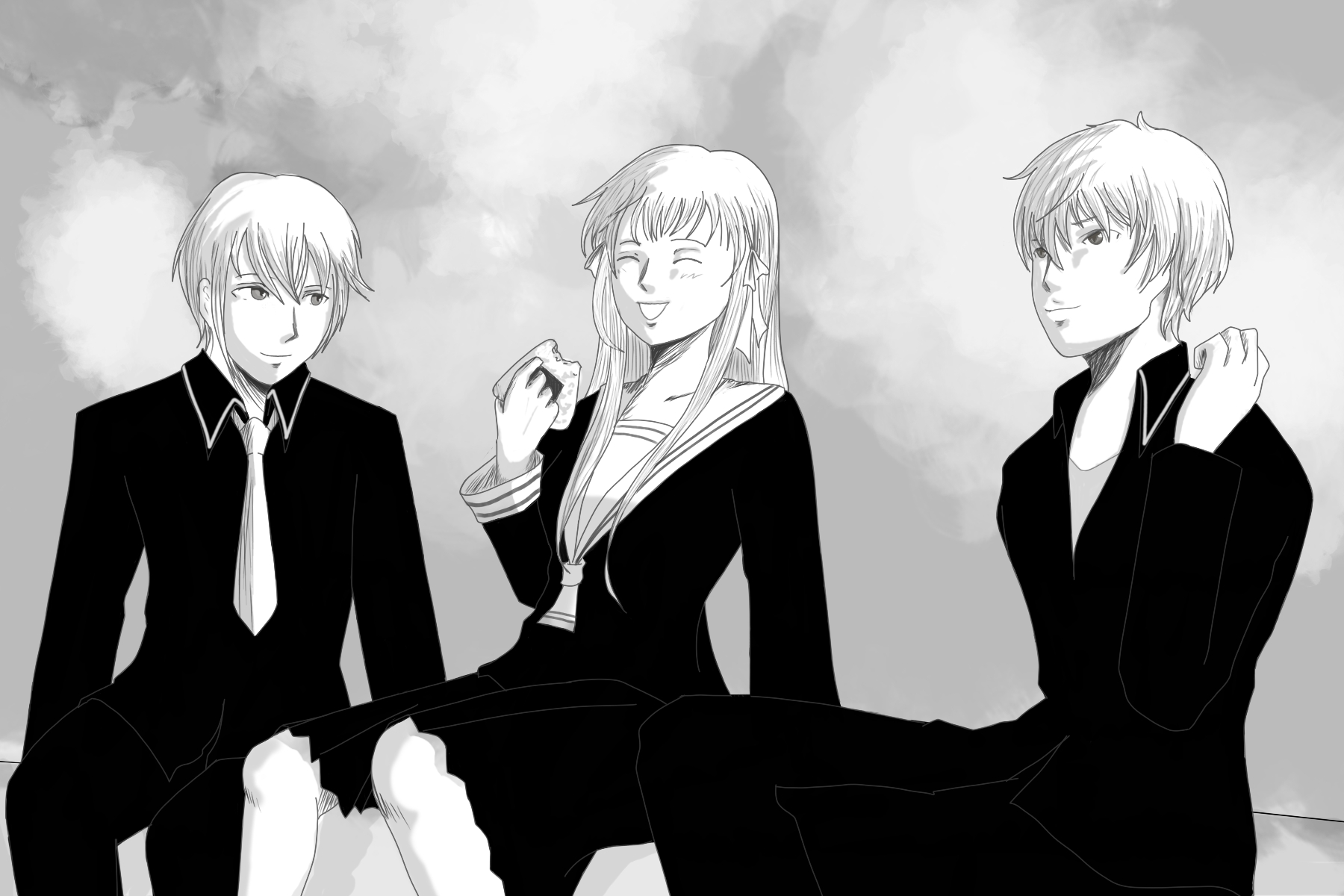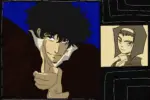“Fruits Basket” began its story as a late 1990s manga by Natsuki Takaya. It was published until 2006. The manga received an anime adaptation in 2001, which covered around the first six volumes of “Fruits Basket” — out of a total of 23 volumes. This adaptation received a lot of love and left strong impressions on the anime community in Japan and overseas. However, it changed a few things from the original story and the series ended with many loose ends.
This is fair, given that the original manga hadn’t been completed. However, in 2018, it was announced that “Fruits Basket” would be getting a reboot — an anime that covers the entire story and stays true to the manga. Season 1 aired in 2019, and again, took the anime community by storm. New fans and old fans alike reveled in anticipation for each episode and have now returned for Season 2, which began airing April 6.
It’s an old series, and many would think that the age of “Fruits Basket” is a thing of the past; however, it has maintained its loyal fan base and grown to appeal to younger generations — but why?
The Premise
The premise of “Fruits Basket” is about orphaned Tohru Honda, who is invited to stay with the Sohma family. She discovers that the family is cursed, and when ill or embraced by members of the opposite sex, the members turn into animals from the Chinese zodiac.
The concept is a little crazy, but it’s extremely memorable and allows for distinctive storytelling and numerous metaphors. It’s an interesting hook for the series, and I have yet to see a supernatural anime that uses a similar idea. Like all good fantasy stories, “Fruits Basket” takes inspiration from reality.
While the primary plot follows Tohru as she tries to break the curse, the premise itself establishes some of the main themes of the show: accepting others, understanding others and improving yourself.
Tohru’s Values, Flaws and Humanity
Tohru is a pretty traditional girl. She loves cooking, cleaning, helping those around her, and provides these services for the Sohmas in exchange for a place to stay with them. Some have criticized Tohru’s character for being too traditional, stereotypical or for being too perfect since it’s in her nature to be kind and forgiving.
However, it is not that Tohru is forced into the role of a caretaker: She genuinely wants to help others and demonstrate that she’s there for anybody who needs her. This is her greatest strength and greatest weakness.
While Tohru’s urge to put people first is an admirable lesson, it also teaches that sometimes people need to put themselves first. Tohru is put through a lot: her father died when she was a toddler, the loving mother who raised her recently passed away and she is left to live in a tent in the woods.
She promised her mother she would graduate high school and works extremely hard to simultaneously study and save money for a place of her own. Takaya doesn’t give all these problems to Tohru simply for a sad backstory, but to establish the core of Tohru’s personality and provide a strong base for her dynamic with the other characters throughout the series.
Her open heart invites those around her to see value in themselves. This is an extremely important distinction because Tohru doesn’t solve problems for other people and she doesn’t become the savior that is able to fix other characters’ trauma simply by being there. The girl who fixes a bad or broken boy trope is still present in contemporary television and film.
However, in “Fruits Basket” Tohru’s acceptance of others allows the characters themselves to begin their own journey of acceptance and gain the drive to improve. The idea that loved ones can only support you the best they can, and that you yourself must put in the effort to change, remains relevant and necessary.
Throughout the series, it’s evident that she needs to learn how to take care of herself and allow herself to strive for happiness. Tohru, unlike many of the heroines in early animation, feels completely human. Her depth rivals many of the characters in recent and popular anime. She learns and grows throughout the series, and this humanity allows her to remain relevant and touch audiences across generations.
Themes
“Fruits Basket” explores many different themes and ideas. It promotes the acceptance of others, self-improvement and emotional intelligence. It also delves into questions of morality, but “Fruits Basket” doesn’t explicitly tell its audience to do anything (besides, maybe be kind to others).
Instead, it shows them unique circumstances, presents questions and multiple perspectives and lets the audience decide how they feel about it. Many of the characters in the series have morally gray areas. Through storytelling, Takaya asks: Is it ok to choose to forget our painful memories? Why do people react to certain situations more than others? Why do we feel guilt, even when we know we’ve done the right thing or acted to the best of our ability?
These questions affect audiences and allow them to consider what “Fruits Basket” is saying. The series provokes critical thinking and provides audiences with a stronger understanding of different kinds of people by the end of the series.
Ahead of Its Time
“Fruits Basket” was ahead of its time in the 1990s. The story provides commentary on mental illness, prejudices and dysfunctional families. Tohru came from a widowed mother, her friend Uotani came from a neglectful father and most of the Sohma family came from harsh and traumatic environments. The series dives into bullying and introduces delicate topics like the yakuza and body modifications, which is still stigmatized to some degree in Japan and in Western societies today.
“Fruits Basket” demonstrates a general principle when it comes to people: Don’t judge others if you don’t know them, and even if you know them, consider whether you can fully understand where they’re coming from. Issues are handled with compassion and understanding, allowing the audience to consider broader perspectives.
Storytelling and Character Development
Perhaps none of these factors would be able to hold up “Fruits Basket” on their own. The pacing, humor, story arcs and character development gives the series a strong foundation on which to build these elements. It’s a character-driven series, and nearly all of characters have drastically changed by the end of the story. The audience is typically introduced to someone with specific experiences and problems and is able to watch their growth, eventually understanding their true selves.
Ultimately, the series is about understanding yourself and others with compassion, but instead of providing a shallow fable about simply being kind to others, “Fruits Basket” demonstrates the strength it takes to be kind. It’s cliché to hear that the right thing is not necessarily the easiest thing, but Takaya demonstrates this profoundly. And what message has more ability to transcend time than showing compassion to one another?
“Fruits Basket” can be watched at Crunchyroll or Funimation.

















